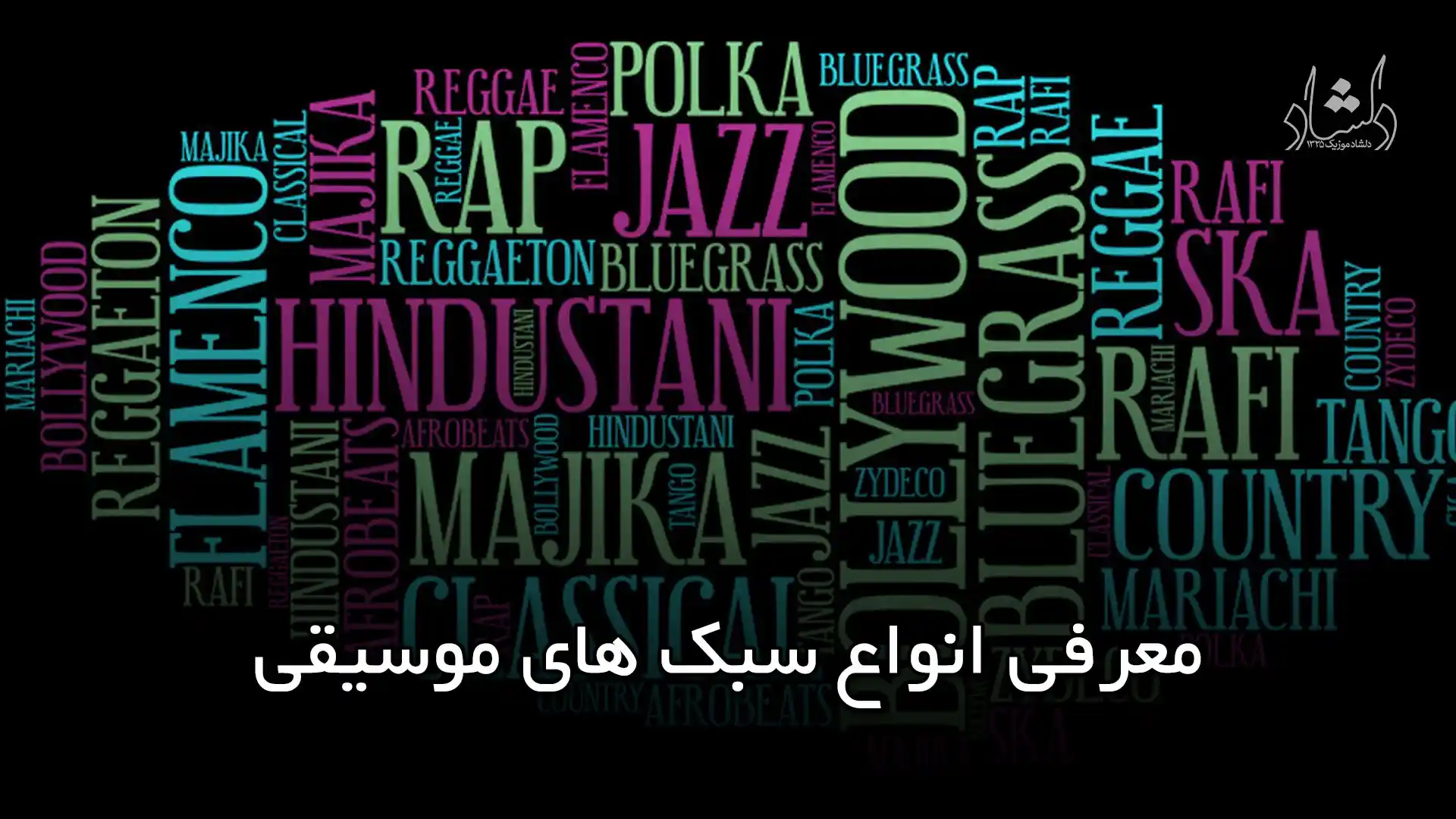Music, a timeless art form, transcends barriers, cultures, دانلود موزیک راک and languages, resonating deeply within the human soul. From the rhythmic drumming of ancient civilizations to the complex symphonies of Beethoven and the innovative beats of modern-day producers, music has evolved into an indispensable aspect of human life. It serves not only as entertainment but also as a profound medium of expression, healing, and connection.
A Universal Language
One of the most remarkable features of music is its universality. Regardless of linguistic or cultural differences, music has the power to evoke emotions that words often fail to capture. A single melody can inspire joy, nostalgia, or solace, creating shared experiences among people from different walks of life. This universal quality makes music a bridge between cultures, fostering understanding and empathy.
For instance, reggae music, originating in Jamaica, carries themes of resistance and hope that resonate globally, while classical Indian ragas evoke emotions that transcend their cultural roots. Even without understanding the language of opera, listeners worldwide can feel the intensity of its drama.
Music as a Reflection of Society
Music is a mirror reflecting societal changes, struggles, and triumphs. Across history, it has been a tool for storytelling, education, and activism. During the civil rights movement in the United States, songs like We Shall Overcome became anthems of hope and unity. Similarly, punk rock in the 1970s challenged political norms and societal expectations, giving a voice to rebellious youth.
In today’s digital age, music continues to document societal shifts. Artists address climate change, mental health, and social justice, using platforms like Spotify and YouTube to reach global audiences. The democratization of music production and distribution allows voices from marginalized communities to gain recognition, amplifying diverse narratives.
The Science Behind Music’s Impact
Beyond its emotional and cultural significance, music has profound effects on the human brain. Studies in neuroscience reveal that listening to music activates multiple brain regions, including those responsible for emotions, memory, and motor skills. This explains why a familiar song can transport someone back to a specific moment in time.
Music therapy, an emerging field, harnesses these neurological benefits to improve mental health. From reducing anxiety and depression to aiding stroke recovery, music’s therapeutic potential is vast. For individuals with Alzheimer’s, familiar tunes often unlock forgotten memories, demonstrating music’s unique connection to the brain.
The Evolution of Music Consumption
The way people consume music has undergone a revolutionary transformation. In the past, live performances and physical records dominated the music scene. The invention of the radio and later the cassette tape brought music into homes and cars. Fast forward to the 21st century, streaming platforms like Spotify, Apple Music, and YouTube have made music more accessible than ever.
While this accessibility has democratized the music industry, it has also sparked debates about artist compensation and the value of art in a digital economy. The rise of artificial intelligence in music production further challenges traditional notions of creativity and authorship, raising questions about the future of the industry.
Music in the Digital Era
Technology has not only changed how we consume music but also how it is created. Producers now use software to compose intricate tracks that once required entire orchestras. AI-generated music is emerging as a new genre, with algorithms capable of composing original pieces that mimic human creativity.
Meanwhile, social media platforms have become incubators for musical talent. Viral challenges and trends on platforms like TikTok catapult unknown artists to fame overnight, redefining what it means to “make it” in the music world. This digital era has also rekindled interest in niche genres, allowing artists to find dedicated fanbases worldwide.
Conclusion
Music, in all its forms and iterations, remains an integral part of the human experience. It connects us to our emotions, our past, and each other, serving as a reminder of our shared humanity. As it continues to evolve alongside society and technology, music will undoubtedly retain its ability to inspire, heal, and unite.
Whether it’s the hum of a lullaby, the rhythm of a protest song, or the beat of a dance track, music is a testament to the boundless creativity and resilience of the human spirit.




